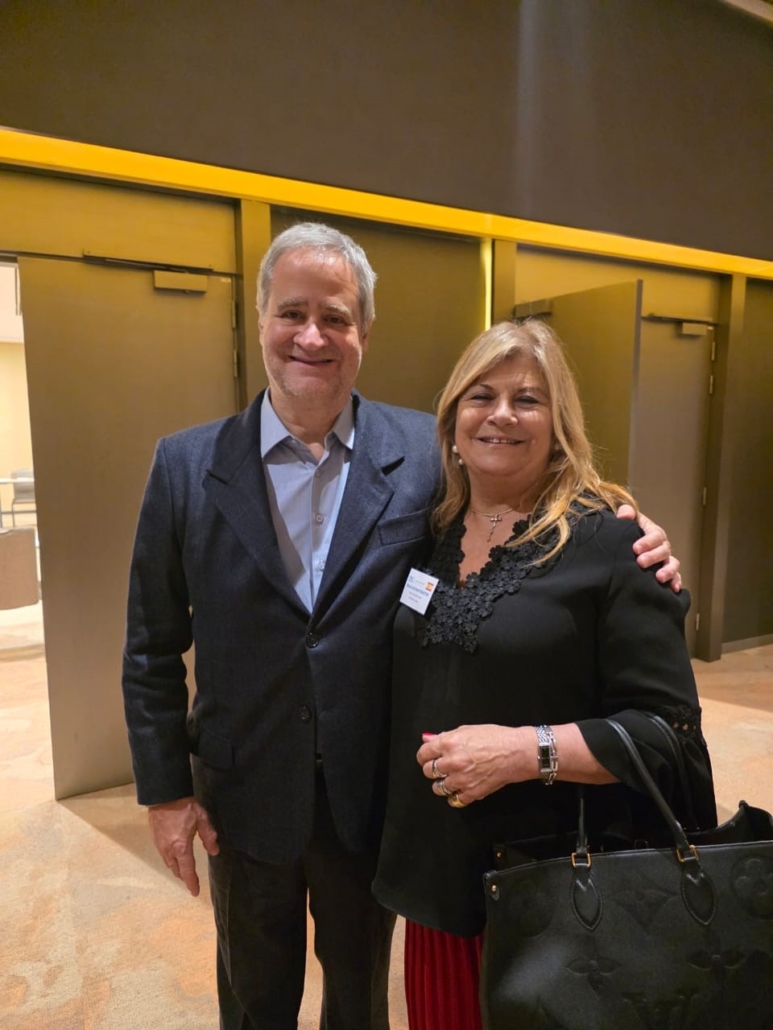Besides Brazilian auto parts shipped to the U.S. and used in Mexican car plants, automakers may redirect investments to American factories
03/28/2025
Import tariffs in the automotive industry, already in effect or under discussion by Donald Trump’s administration, are expected to impact Brazil as well. The United States and Mexico are the second- and third-largest export markets for Brazil’s auto parts industry, respectively. Together, they accounted for $2.29 billion in 2024, equivalent to 29.2% of the Brazilian sector’s total export revenue.
The 25% tariff imposed on vehicles imported by the U.S. is already having an effect, as Brazil supplies components to feed Mexico’s car assembly lines. With $923 million in shipments, Mexico represented 11.8% of Brazilian auto parts export revenue in 2024.
The situation is likely to worsen once the U.S. government defines tariffs for imported auto parts, as it has already signaled. If implemented, these new tariffs would make Brazilian parts more expensive in the American market.
In 2024, Brazil exported $1.37 billion worth of auto parts to the U.S., which accounted for 17.5% of the industry’s export revenue that year. The U.S. ranked behind only Argentina, which generated 34.6% of Brazil’s auto parts export income.
The sector is bracing for further bad news. In a statement, the National Association of Auto Parts Manufacturers (SINDIPEÇAS) said it views the measures “with concern.” The organization noted that after tariffs on cars, “some auto parts will also face additional tariffs weeks later, with the possibility of more items being added to the initial list.” SINDIPEÇAS leadership said it is “awaiting the full details of the legislation to assess the potential impacts more thoroughly.”
The effects of the new tariffs on Brazil are not limited to the auto parts industry. Although vehicle plants in Brazil do not export to the U.S. — the world’s second-largest car market — the new measures are expected to have a significant financial impact on automakers, potentially affecting their investment capacity worldwide, including in Brazil.
Moreover, the need to change manufacturing strategies, increasing production in the U.S. as Mr. Trump intends, could also lead automakers to redirect more investment to American factories, reducing the flow of resources to other countries with strong auto industries, such as Brazil.
A senior executive at a major automaker operating in Brazil said there is no doubt the impact will be significant, especially on Mexico. Nearly 80% of vehicles produced in Mexican factories are destined for the U.S. In 2024, 2.8 million vehicles crossed the border — more than Brazil’s entire production of 2.54 million units that year.
Many vehicles manufactured in Mexico are designed to meet the preferences and purchasing power of U.S. consumers. They are therefore larger and more luxurious than models exported to Brazil. Under a free trade agreement, 10% of the vehicles imported by Brazil in 2024 came from Mexico.
With nearly 4 million vehicles produced in 2024, Mexico ranked as the world’s fifth-largest vehicle producer, behind China, the United States, Japan, and India. Brazil ranked eighth. Mexico is also the fifth-largest vehicle exporter in the world, trailing Germany, Japan, the U.S., and South Korea.
Brazilian steel
According to data from the Mexican Automotive Industry Association (AMIA), Mexico has 37 plants manufacturing vehicles, engines, and transmissions. Most belong to companies that also operate in the U.S. and Brazil, including American, European, and Asian firms, employing a total of 84,000 workers.
The industry’s concerns are not limited to potential tariffs on auto parts and the existing tariffs on vehicles. A few days ago, Márcio de Lima Leite, president of the National Association of Motor Vehicle Manufacturers (ANFAVEA), said he is also concerned about additional tariffs on Brazilian steel.
“Automakers can only be strong if every link in the chain is strong. A strong steel industry ensures higher volume and lower costs,” he said.
Some, however, remain optimistic. An industry analyst who asked not to be named believes there is still room for negotiation between automakers and the Trump administration. Under this scenario, automakers could commit to increasing production at U.S. plants in exchange for a government commitment to reduce or postpone the tariffs.
In early March, Mr. Trump agreed to delay tariffs on vehicles by one month after receiving a phone call that included the CEOs of General Motors, Ford, and Stellantis.
*By Marli Olmos – São Paulo
Source: Valor International



/i.s3.glbimg.com/v1/AUTH_63b422c2caee4269b8b34177e8876b93/internal_photos/bs/2025/P/5/SnREKtRdiJsa0v9wTuqA/foto23emp-301-eldorado-b5.jpg)
/i.s3.glbimg.com/v1/AUTH_63b422c2caee4269b8b34177e8876b93/internal_photos/bs/2024/6/X/fOa4UBTf2ije1onrvxpg/lajes-1.jpg)